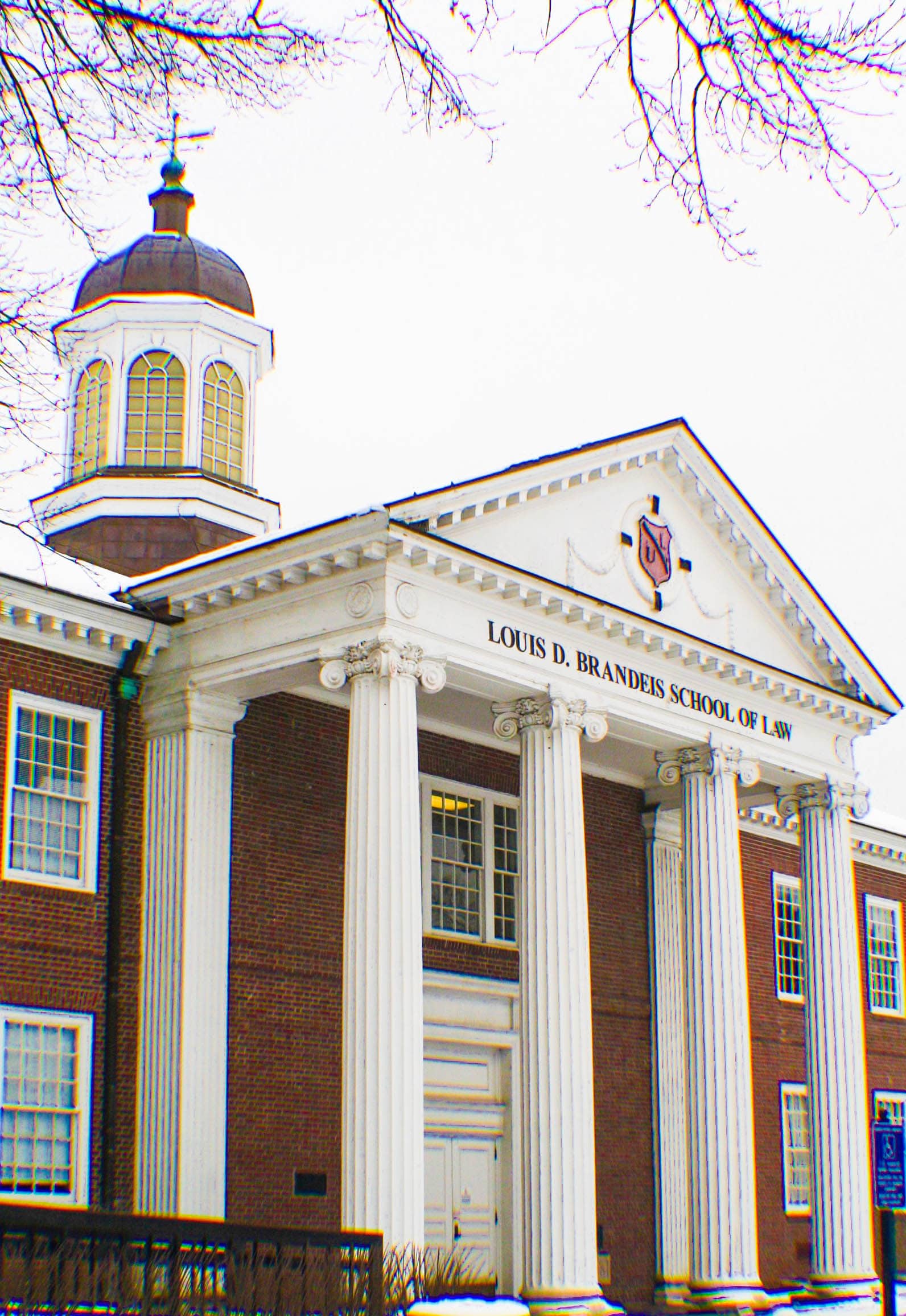By Andrew Hebert & Phillip Lentsch–
Despite public disagreement amongst professors, U of L’s Brandeis School of Law voted to “champion the cause of compassion” on Jan. 19.
The school is now the fifth law school in the country to adopt a policy based on compassion, meant to represent all walks of life and provide fairness to people and ideas that normally do not receive such treatment.
Nearly a month since the policy’s implementation, not much has changed, according to Susan Duncan, Interim Dean of the Brandeis School of Law.
“We voted to be a part of the ‘compassionate city’ initiative that was put in place by Mayor Fischer in 2011,” Duncan said. “This was never a proposal that focused on political values, but rather, an official documentation of things we already do as a school.”
On paper, the policy shift does not lay out specific changes to the everyday actions and curriculum within the school. The main goal is to promote ideological diversity without excluding any realms of opinion.
Components of the policy range from requirements for 30 hours of public service to more openness between students and professors in the classroom.
The vote for this initiative was nearly unanimous, with 26 in support and two against. Many students said this policy really seemed like a no-brainer because several forward-thinking corporations have adopted the exact same ideology.
“Companies such as UPS, Brown Forman and Norton Hospital have all joined this initiative to be a part of a ‘compassionate city.’ U of L’s law school figured a move like this just made sense,” said Rudy Ellis, President of the Student Bar Association at Brandeis Law School.
Some professors believe the new style is an attempt to rid the school of conservative opinions and usher in an environment of strict liberalism. Russell Weaver – one of the two professors that voted against the policy – has criticized it as being “leftist” and “repressive.”
“We can say that we support ‘compassion’ all we want, but the real question is, what does compassion even mean?” Weaver said. “Law school generally isn’t a very compassionate place – we should be focusing on fostering academic achievement.”
Others like Weaver are worried the school will only accept liberal ideas, condemning conservative thought. They argue the “compassionate” or “socially-inclusive” side of an opinion will always go hand-in-hand with the liberal opinion, and therefore only the liberal idea will be encouraged in the classroom.
Most professors and students have adjusted well. Samuel Marcosson echoed Duncan’s sentiments the only real change that has occurred has been on paper.
“The resolution was an expression of things we’ve been doing as a law school for quite some time,” Marcosson said. “While there were some professors that aired problems with the policy publicly, the entire controversy was blown out of proportion.”




